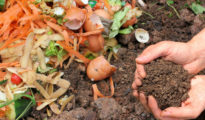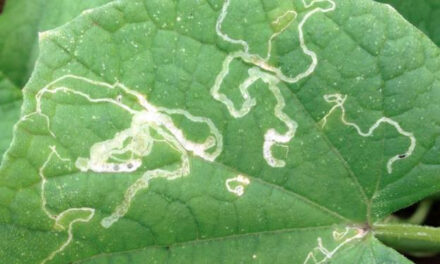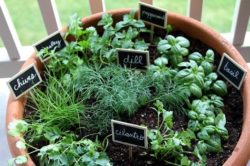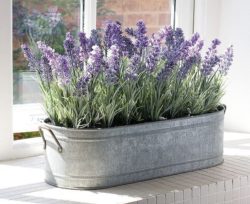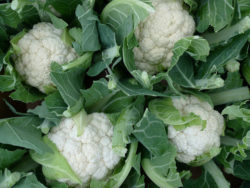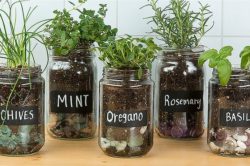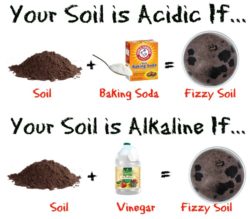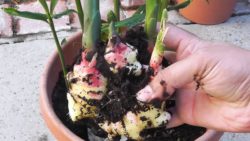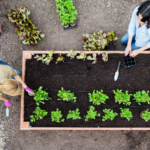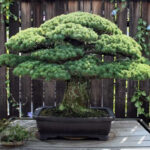Organic gardening is an eco-friendly approach that embraces the philosophy of working with nature rather than against it. A significant component of this is organic pest control, a natural way of managing the potentially harmful organisms that may plague your garden, all without resorting to harmful chemicals. In fact, organic pest control methods promote biodiversity and encourage a more balanced ecosystem within your garden. This long-form blog post will take you on a deep dive into mastering the art of organic pest control and help you safeguard your garden naturally.
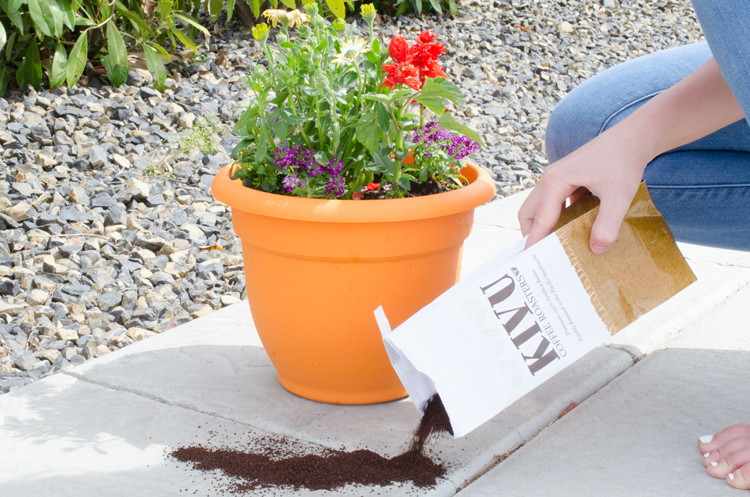
Understanding Organic Pest Control
Organic pest control isn't about eradicating pests entirely; instead, it focuses on creating a balanced garden ecosystem where pests are naturally regulated. This is achieved by fostering beneficial insects, birds, and other creatures that keep pests in check, and utilizing plants and natural substances that repel harmful pests. It requires an understanding of the ecosystem, knowledge about pests and their natural enemies, and a bit of patience to see results.
Creating a Balanced Ecosystem
The first step in organic pest control is to foster a healthy, balanced ecosystem within your garden. This begins with the soil, the foundation of your garden. Nutrient-rich soil helps plants stay strong and more resistant to pests. Regularly add organic compost or well-rotted manure to enrich your soil, promoting the growth of healthy plants less likely to fall victim to pests.
Promote biodiversity by planting a variety of species in your garden. A diverse garden attracts a wide array of beneficial insects and organisms that keep pest populations under control. Additionally, consider incorporating native plants into your landscape as they have evolved over time to naturally resist local pests.
Cultivating Beneficial Creatures
Certain insects, birds, and other creatures are allies in your quest for organic pest control. Ladybugs, spiders, ground beetles, and predatory mites are just a few examples of beneficial insects that feed on common garden pests.
You can attract these beneficial creatures by providing the right habitat. Consider building a bug hotel, a simple wooden structure filled with various natural materials, to offer shelter for beneficial insects. Installing birdhouses, birdbaths, or feeders can also encourage birds to visit your garden. Birds can be particularly effective pest controllers, preying on a variety of insects, slugs, and other garden pests.
Choosing Pest-Resistant Plant Varieties
Plant breeders have developed many varieties of plants that are naturally resistant to pests. These pest-resistant varieties often have physical and chemical characteristics that repel pests or make it harder for pests to establish. Incorporating these into your garden can reduce pest problems and minimize the need for intervention.
Companion Planting
Companion planting is an ancient technique where certain plants are grown together for mutual benefit. Certain plant combinations can deter pests, attract beneficial insects, or enhance each other's growth. For instance, marigolds are known to deter a range of insects and nematodes. Basil planted near tomatoes can repel flies and mosquitoes, while also improving the flavor of tomatoes.
Using Organic Pesticides
There may be times when, despite your best efforts, pest populations get out of control. In such cases, you might consider using organic pesticides. Organic pesticides are made from naturally occurring substances that control pests. Examples include insecticidal soaps, horticultural oils, neem oil, and diatomaceous earth. Always use these substances as a last resort and follow the product instructions to minimize harm to non-target creatures.
Mastering the art of organic pest control involves a shift in mindset. It is not just about getting rid of pests, but creating a balanced, healthy garden ecosystem. It takes time, patience, and knowledge, but the rewards are worth it: a beautiful, productive garden teeming with life and free from harmful chemicals. So embrace organic pest control and start safeguarding your garden naturally today.


